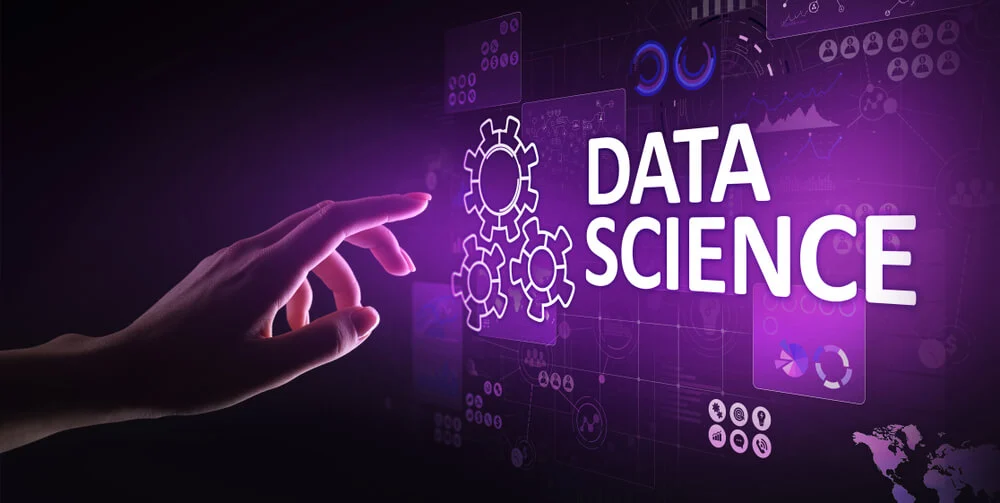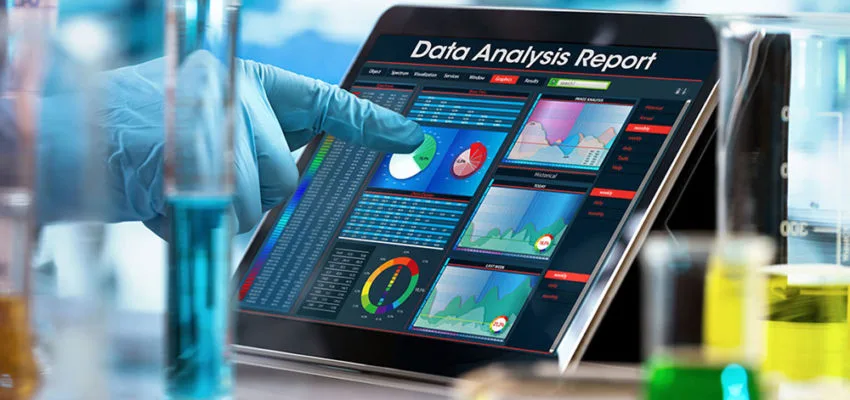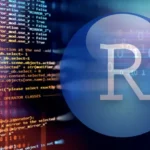In the realm of career transitions, embarking on a journey from medical coding and billing jobs to data science might seem like traversing uncharted territories.
However, with the right guidance and determination, this transition is not only possible but can also lead to exciting opportunities and growth.
Let’s delve into the steps and options available for those considering this career shift.
Why Consider a Career Transition from Medical Coding and Billing Jobs?
While medical coding and billing jobs offer stability and opportunities for career advancement within the healthcare industry. As AI continues to replace medical coders, there are several other reasons why individuals might contemplate transitioning to a different field, such as data science:
- Diversification of Skill Set: Transitioning to data science allows individuals to expand their skill set beyond the realm of healthcare-specific coding and billing. It opens doors to a broader range of industries and applications where data analysis and predictive modeling are in high demand.
- Technological Advancements: The healthcare industry is undergoing rapid technological transformation, with a growing emphasis on data-driven decision-making and automation. By transitioning to data science, individuals can stay abreast of these advancements and position themselves for future opportunities.
- Career Growth and Opportunities: Data science offers a dynamic and evolving career landscape with abundant opportunities for growth and specialization. From healthcare analytics to fintech and e-commerce, data scientists are in high demand across various sectors, providing avenues for career advancement and professional development.
- Higher Earning Potential: While medical coding and billing jobs offer competitive salaries, data science roles often command higher compensation due to the specialized skill set and high demand. Transitioning to data science can lead to increased earning potential and financial stability.
Is Data Science a More Lucrative Career?

Data science is widely regarded as one of the most lucrative career paths in the current job market, primarily due to the high demand for skilled professionals and the scarcity of talent with expertise in data analysis and machine learning. Here are some factors contributing to the lucrative nature of data science careers:
- High Demand: With the proliferation of data across industries, there is a growing need for professionals who can extract actionable insights and drive informed decision-making. Data scientists are sought after by companies seeking to leverage data for competitive advantage.
- Impactful Contributions: Data scientists play a pivotal role in shaping business strategies, optimizing processes, and driving innovation through data-driven solutions. Their contributions directly impact organizational performance and bottom-line results, warranting higher compensation.
- Global Market Trends: The global demand for data science talent continues to outpace supply, leading to competitive salaries and lucrative job offers. In industries such as finance, technology, and healthcare, data scientists are highly valued for their ability to drive growth and innovation.
What Skills Medical Coders Already Have For Data Science?

People having medical coding and billing jobs possess several technical skills that are directly applicable to data science, making them well-positioned to transition into this field:
- Attention to Detail: Medical coders are accustomed to meticulously reviewing medical documentation to accurately assign diagnostic and procedural codes. This attention to detail is crucial in data science for ensuring the accuracy and reliability of data analysis and model building processes.
- Analytical Thinking: Medical coders regularly analyze complex medical records and documentation to determine the appropriate codes and billing procedures. This analytical mindset is transferable to data science, where professionals are tasked with analyzing large datasets, identifying patterns, and extracting actionable insights.
- Familiarity with Healthcare Terminology: People working at medical coding and billing jobs have a deep understanding of healthcare terminology, including medical diagnoses, procedures, and terminology specific to various medical specialties. This domain knowledge is invaluable in data science projects involving healthcare data, as it enables coders to interpret and analyze clinical information effectively.
- Proficiency with Coding Systems: Medical coders are proficient in using standardized coding systems such as ICD (International Classification of Diseases) and CPT (Current Procedural Terminology) to translate medical procedures and diagnoses into universal codes. This familiarity with coding systems provides a solid foundation for understanding data structures and formats commonly used in data science projects.
- Experience with Software and Technology: Medical coders often utilize specialized software and databases for coding and billing purposes. This experience with healthcare information systems and technology platforms translates well to data science, where professionals work with programming languages, statistical software, and data visualization tools to analyze and visualize data.
What New Skills Medical Coders Need to Learn to Step Into Data Science?
While medical coders possess valuable technical skills that can facilitate a transition to data science, there are several new technical skills they may need to learn to excel in this field:

- Programming Languages: People working at medical coding and billing jobs might already are familiar with programming languages. But they still need to become proficient in programming languages commonly used in data science, such as Python and R. These languages are essential for data manipulation, analysis, and modeling tasks in data science projects.
- Statistical Analysis: Data science involves a significant amount of statistical analysis to derive insights from data. Medical coders may need to deepen their understanding of statistical concepts such as hypothesis testing, regression analysis, and probability theory to effectively analyze and interpret data.
- Machine Learning: Familiarity with machine learning algorithms and techniques is crucial for data scientists. Medical coders may need to learn about supervised and unsupervised learning methods, as well as algorithms such as linear regression, decision trees, and neural networks, to develop predictive models and derive insights from data.
- Data Visualization: Data visualization is an essential aspect of data science, as it enables effective communication of insights to stakeholders. Medical coders may need to learn how to use data visualization tools and techniques to create meaningful and visually appealing representations of data, such as charts, graphs, and dashboards.
- Database Management and SQL: Data science projects often involve working with large datasets stored in databases. Medical coders may need to learn database management skills and SQL (Structured Query Language) to query and manipulate data efficiently.
- Big Data Technologies: In some data science roles, familiarity with big data technologies such as Hadoop, Spark, and NoSQL databases may be beneficial. Medical coders may need to learn how to work with these technologies to handle and analyze large volumes of data effectively.
- Data Wrangling and Cleaning: Data cleaning and preprocessing are critical steps in the data science workflow. Medical coders may need to learn techniques for data wrangling, including handling missing values, removing duplicates, and transforming data into a suitable format for analysis.
By acquiring these new technical skills, medical coders can enhance their capabilities and transition successfully into data science roles. Continuous learning and practical experience in data science methodologies will further strengthen their proficiency and contribute to their success in the field.
Options in Data Science Related to Medical Coding and Billing Jobs
The transition to data science opens up a number of opportunities, including those specifically related to medical coding and billing jobs:
- Healthcare Analytics: Utilize data science techniques to analyze healthcare data, identify trends in medical procedures, and optimize billing processes for healthcare providers.
- Clinical Decision Support Systems: Develop algorithms and predictive models to assist healthcare professionals in making informed decisions based on patient data and medical coding standards.
- Fraud Detection and Prevention: Leverage data analytics to detect fraudulent billing practices and ensure compliance with regulatory requirements in healthcare billing.
Conclusion
In conclusion, transitioning from medical coding and billing jobs to data science is not only possible but also holds immense potential for career advancement and professional fulfillment. By leveraging transferable skills, pursuing relevant education and training, and gaining hands-on experience, individuals can successfully navigate this transition and embark on a rewarding journey in the field of data science.



